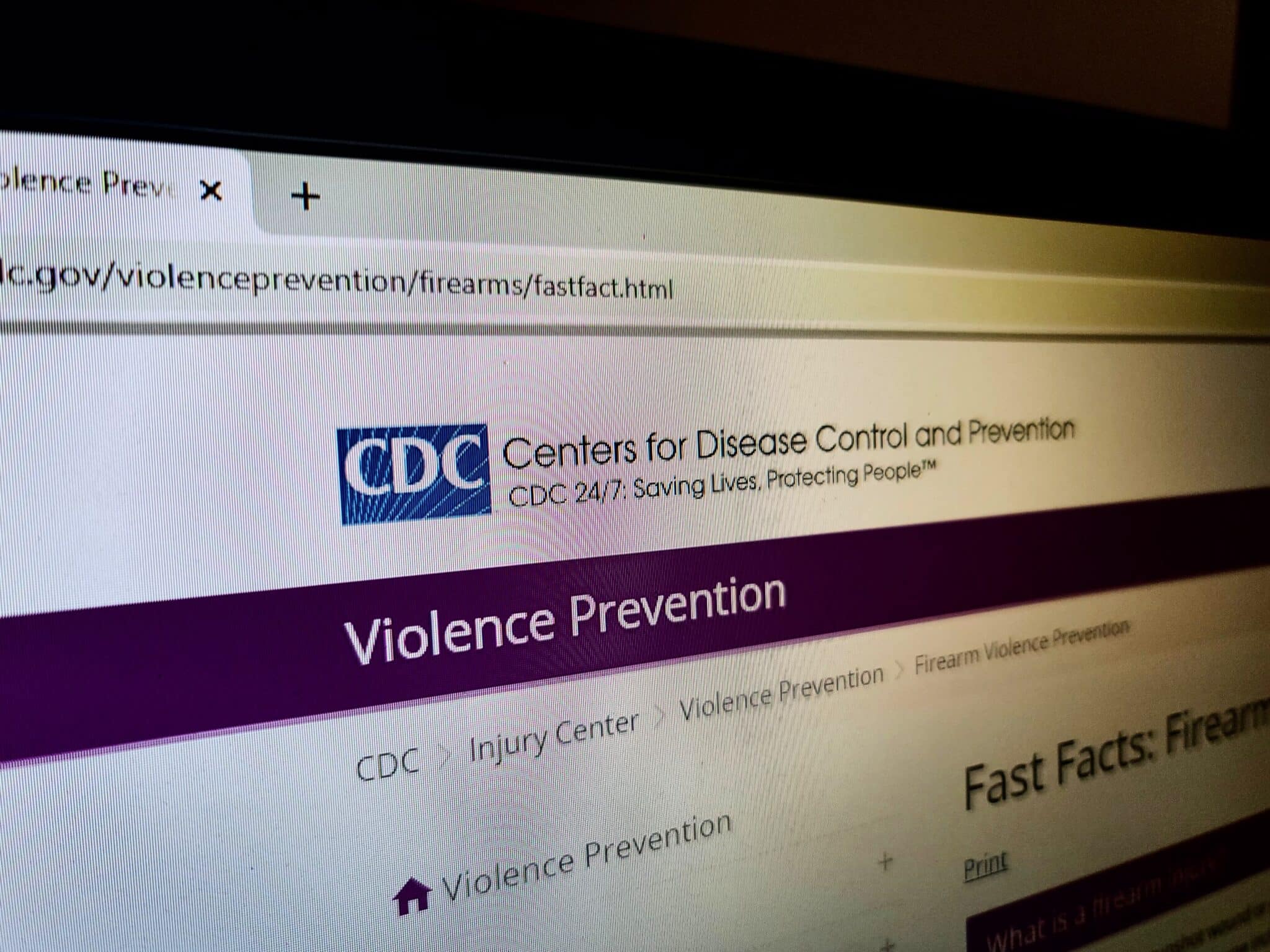Yeah . Much of that is not true.
First. Countries like s. Korea have high suicide rates . Yet low firearms .
Surely suicide people can find highly deadly means without firearms.
Second. On “ rarely substitute”. Yeah s. Korea shows that people will use other lethal means.
However. If some is suicidal and you remove their firearms . Rarely will they use another method. But that’s because of other factors like getting treatment or being watched /more attention paid etc.
Third. Studies show that there is a significant difference between suicide completers . And suicide attempters.
Suicide completers are more likely to use a highly lethal means such as firearm , hanging , or fall from a height.
Suicide completers are not impulsive and are more likley to have a plan and leave a note .
Suicide attempters are more likely to use less lethal means such as drug overdose . Even when more lethal means like firearms are readily available.
So yes intent is different.
Suicide attempters and completers may represent different but overlapping groups of distressed individuals. Although depression is related to an increased risk of suicide, the presence of depression may not discriminate suicide attempters from ...

pmc.ncbi.nlm.nih.gov
Previous research and popular conceptualizations of suicide have posited that many suicides are the result of impulsive, “on a whim” decisions. However, recent research demonstrates that most suicides are not attempted impulsively, and in fact involve a plan.
Previous research and popular conceptualizations of suicide have posited that many suicides are the result of impulsive, “on a whim” decisions. However, recent research demonstrates that most suicides are not attempted impulsively, and in fact ...

pmc.ncbi.nlm.nih.gov




